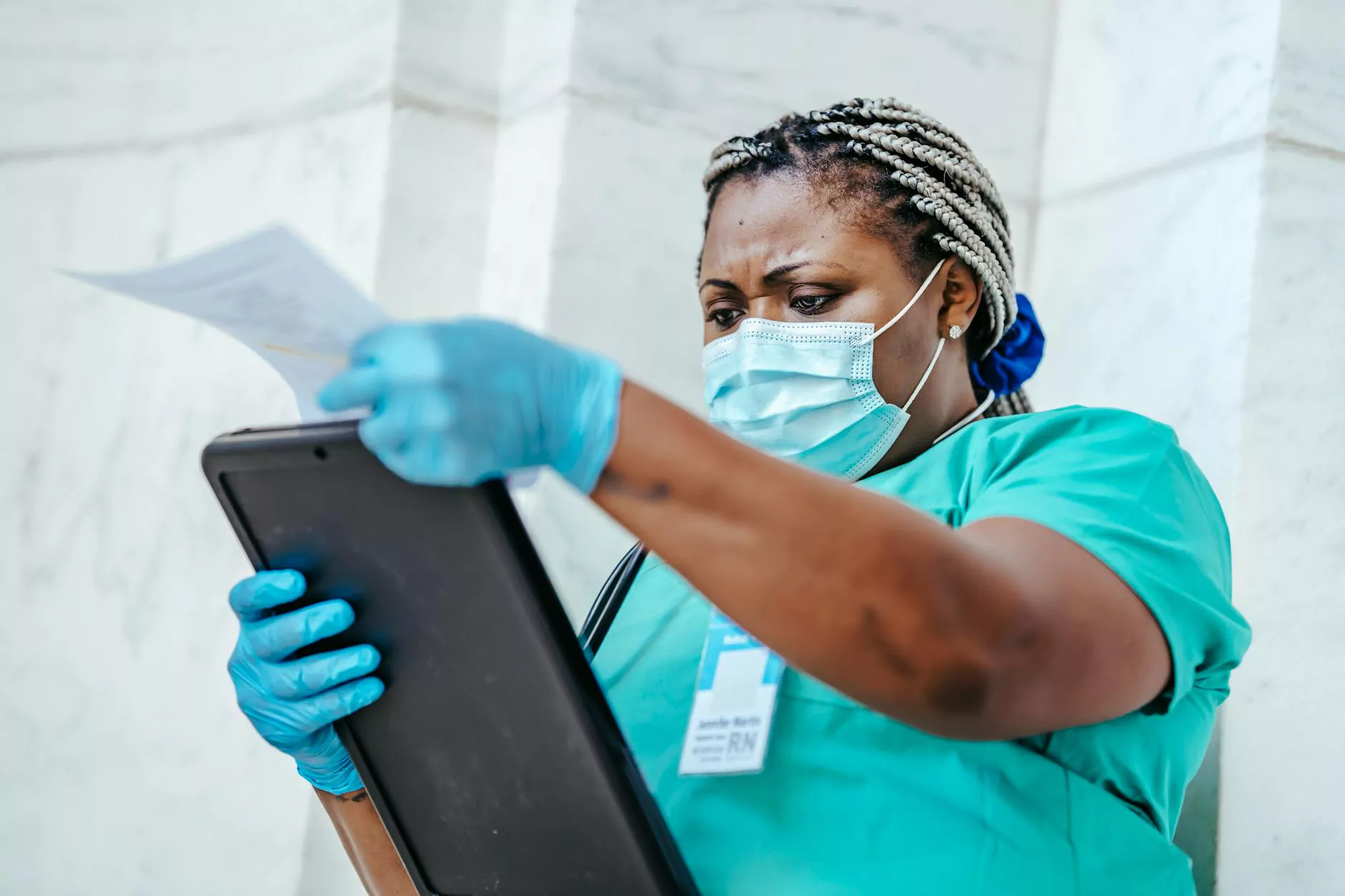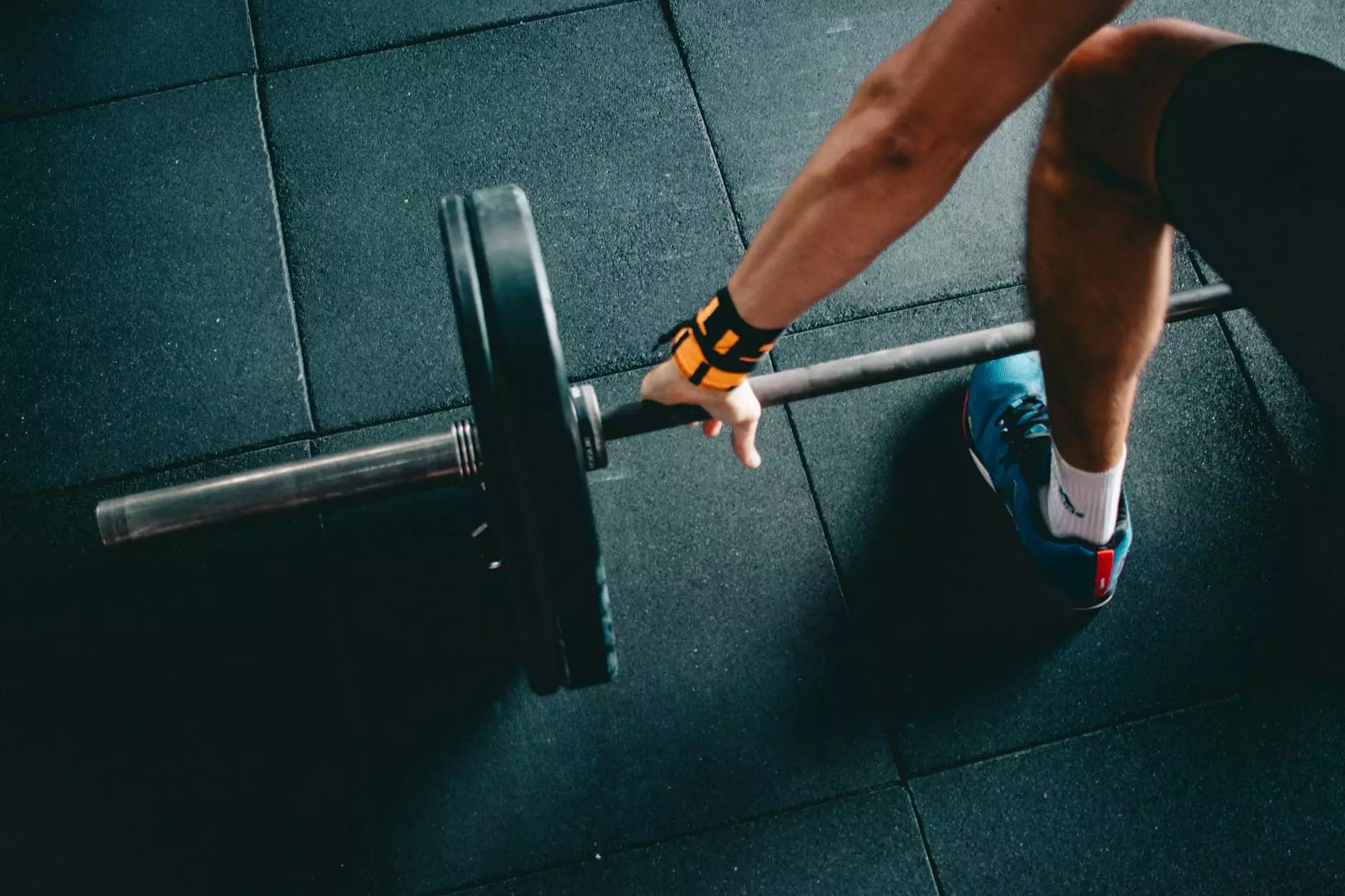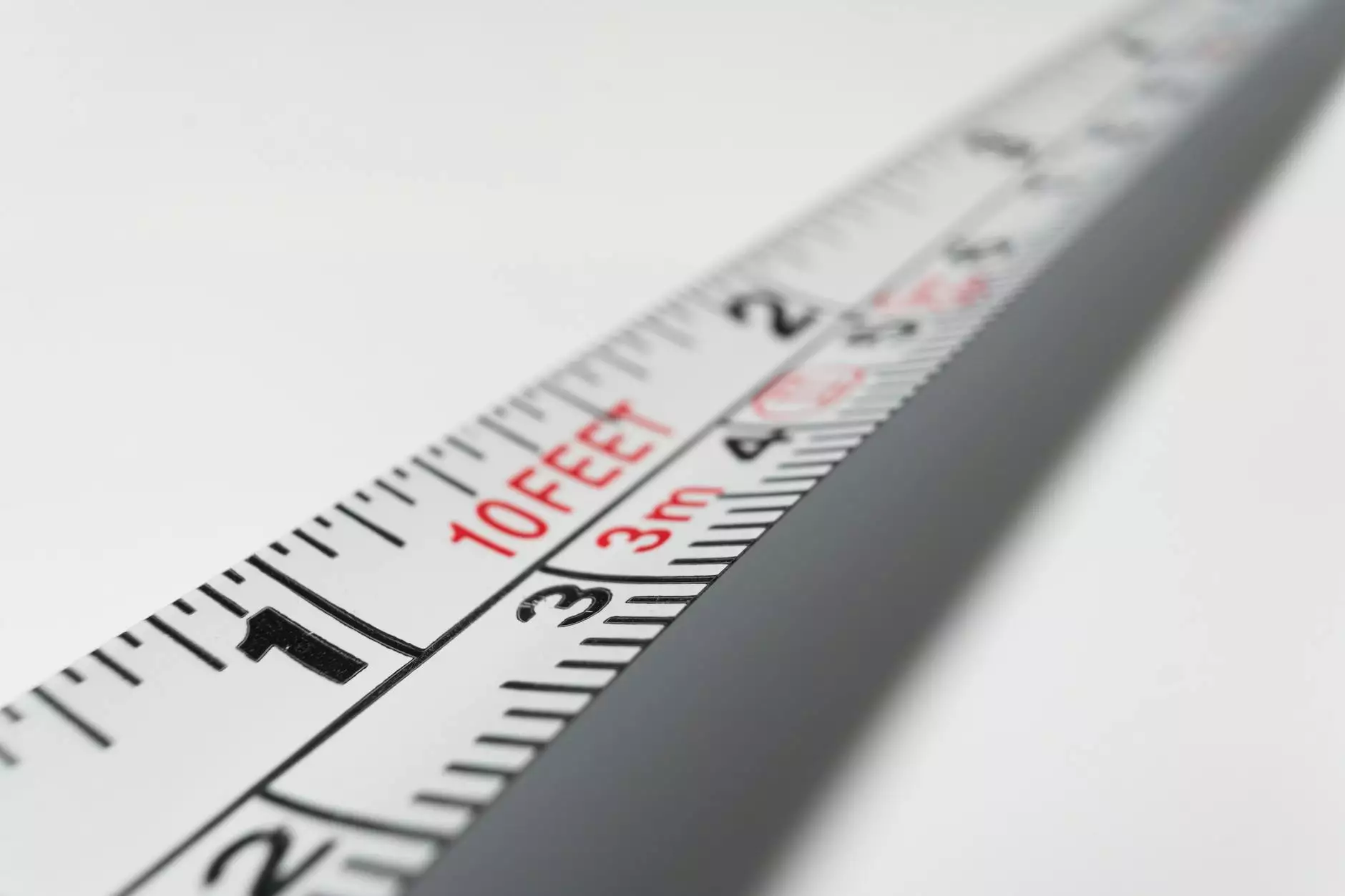The Vital Role of a Lung Doctor in Maintaining Optimal Health

The understanding of respiratory health has evolved tremendously over the years. In a world where air quality and environmental factors significantly affect our well-being, the role of a lung doctor has never been more paramount. Whether you are an athlete seeking peak performance or someone managing a chronic respiratory condition, the expertise of a specialist is critical to achieving and maintaining optimal health.
Understanding the Role of a Lung Doctor
A lung doctor, or pulmonologist, specializes in diagnosing and treating diseases related to the lungs and respiratory system. Their expertise is invaluable for various conditions, including:
- Asthma
- Chronic Obstructive Pulmonary Disease (COPD)
- Lung Cancer
- Pneumonia
- Interstitial Lung Disease
- Sleep Apnea
Importance of Lung Health
Lung health is integral to overall well-being. The lungs play a crucial role in allowing the body to take in oxygen and expel carbon dioxide. Poor lung health can lead to serious consequences, including:
- Decreased Quality of Life: Breathing difficulties can limit daily activities.
- Increased Risk of Infections: Compromised lung function can make one more susceptible to pulmonary infections.
- Exacerbation of Chronic Conditions: Existing respiratory issues may worsen without proper management.
When to See a Lung Doctor
Understanding when to consult a lung doctor is crucial for effective management of respiratory health. Symptoms that warrant a visit include:
- Persistent cough lasting more than three weeks
- Shortness of breath during everyday activities
- Unexplained weight loss
- Frequent respiratory infections
- Chest pain or discomfort when breathing
Diagnostic Tools Utilized by Lung Doctors
Lung doctors employ various diagnostic tools to assess lung function and identify underlying conditions. These include:
1. Pulmonary Function Tests (PFTs)
PFTs measure how well your lungs are working. They assess both the volume and flow of air during breathing, helping to diagnose conditions such as asthma and COPD.
2. Imaging Tests
Chest X-rays and CT scans provide detailed images of the lungs, allowing specialists to identify abnormalities.
3. Bronchoscopy
This procedure involves using a thin, flexible tube with a camera to visualize the airways and obtain tissue samples for further testing.
4. Arterial Blood Gas Tests
These tests measure the levels of oxygen and carbon dioxide in the blood, providing insights into lung function and effectiveness in oxygenation.
Effective Treatments Provided by Lung Doctors
Once a diagnosis is made, a lung doctor will devise a tailored treatment plan. Such treatments may include:
- Medications: Inhalers, steroids, and antibiotics may be prescribed depending on the condition.
- Oxygen Therapy: For patients with low oxygen levels, supplemental oxygen can enhance breathing.
- Rehabilitation Programs: Pulmonary rehabilitation includes exercise training and education on lung health.
- Surgery: In some cases, surgical interventions may be necessary, such as in lung cancer treatment.
Preventive Measures for Lung Health
Prevention is key in maintaining healthy lungs. Here are effective strategies:
- Avoid Smoking: The most significant risk factor for lung disease is smoking. Quitting can drastically improve lung health.
- Limit Exposure to Pollutants: Reduce time spent in polluted areas and wear masks when necessary.
- Exercise Regularly: Physical activity improves lung capacity and overall health.
- Get Vaccinated: Vaccinations, such as the flu and pneumococcal vaccines, can prevent respiratory infections.
The Intersection of Sports Medicine and Lung Health
Athletes often require specialized care to ensure their lungs are functioning optimally while engaging in rigorous physical activity. A lung doctor can help athletes in the following ways:
1. Enhancing Performance
Understanding airflow limitations and training on breathing techniques can significantly enhance athletic performance.
2. Managing Exercise-Induced Asthma
A specialized approach is needed to prevent and treat asthma attacks triggered by intense physical exertion.
3. Recovery from Lung Illness
Post-infection rehabilitation programs can allow athletes to regain their strength and lung capacity.
Seeking Holistic Care for Lung Health
Caring for your lungs does not only involve medical treatment. A comprehensive approach includes:
- Nutritional Support: A balanced diet rich in antioxidants can combat oxidative stress in the lungs.
- Mental Health: Stress management techniques, such as yoga and meditation, can contribute positively to lung health.
- Regular Check-Ups: Routine visits to a lung doctor can catch issues early, leading to better outcomes.
Conclusion: Prioritize Your Lung Health
In an era where respiratory issues are increasingly common, consulting a lung doctor becomes essential. Through a combination of preventive measures, timely diagnosis, and effective treatment plans, you can ensure that your lungs remain healthy and resilient. By prioritizing your lung health, you're not just improving your respiratory function—you're enhancing your overall quality of life.
At Hello Physio, we understand the importance of specialized care in Health & Medical, Sports Medicine, and Physical Therapy. Our dedicated team of professionals is here to support you in your journey towards better lung health and overall wellness. Don’t hesitate to reach out and prioritize your health today!









